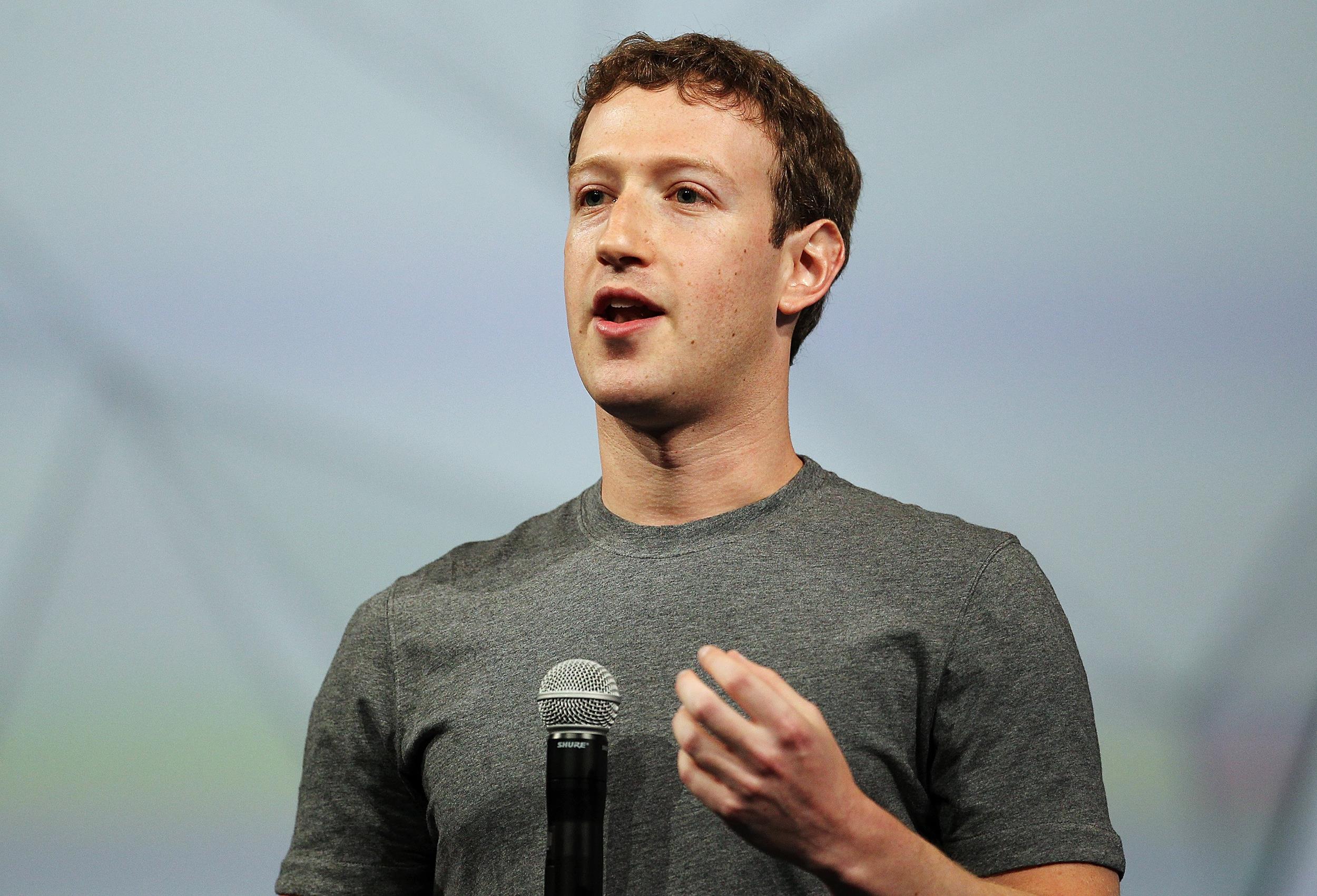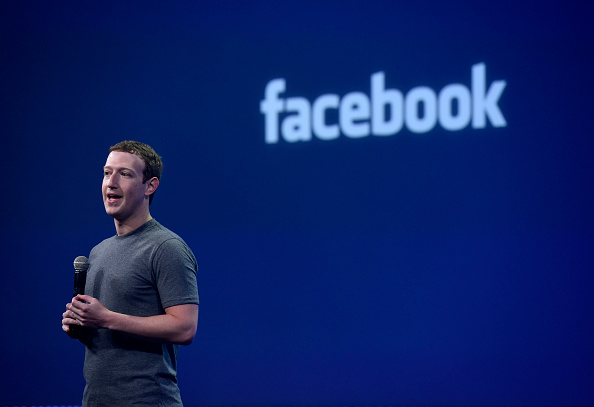Technology News – Have you been annoyed by any of your friends posting about the fact that Mark Zuckerberg is giving away money? I know I have had a few friends that have posted it in the past few days even after it was ruled a hoax.
 Over the last month, a post claiming that Facebook CEO Mark Zuckerberg is giving $4.5 million to users went viral.
Over the last month, a post claiming that Facebook CEO Mark Zuckerberg is giving $4.5 million to users went viral.
NBC News confirmed with Facebook that it is a hoax. Still, people continued to share it. Why won’t this rumor die? And why do people continue to share and believe Facebook hoaxes?
“There is really no risk to to sharing it,” Rey Junco, a fellow at Harvard’s Berkman Center for Internet & Society, told NBC News.
It doesn’t take that much effort to copy, paste and share something. If it turns out to be false, there are no negative consequences (aside from annoying your friends). If it’s true, you get money from Zuckerberg.
The rumor also was connected to a news story that was very much true. Zuckerberg and his wife, Priscilla Chan, have pledged to give away 99 percent of their Facebook shares — currently worth around $45 billion — to the Chan Zuckerberg Initiative. None of that, however, is being given away to users who share a Facebook post.
Still, with so little at stake, Junco said, Facebook users feel very little pressure to dig up facts on something that sounds a little bit plausible to them.
Related: Hoax Alert! No, Zuckerberg Isn’t Giving Millions to Facebook Users
“It’s not something that you are going to spend a lot of time researching,” he said. “We have a lot of information we have to process each day.”
Weighing the possible reward and the cost of being wrong, Junco said, “people think, ‘Well, I’m better off sharing it.'”
Another big reason these hoaxes continue to circulate: We tend to believe stuff that comes from our friends and family.
“Even if you doubt the information, the fact that it’s coming from someone you know inherently makes you trust it more,” Pamela Rutledge, director of the Media Psychology Research Center, told NBC News.
With very little incentive not to share posts, and our instinct to trust people in our social circles, both experts agreed that it’s very likely that we will see more Facebook hoaxes in 2016 and beyond.
by KEITH WAGSTAFF, NBCNews.com, edited by Dan Stevens

